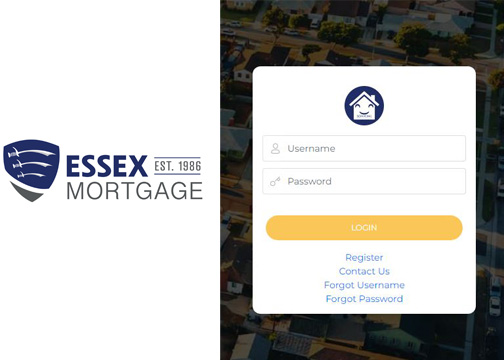Student loans can be overwhelming, especially when high interest rates and multiple loan payments pile up. Refinancing seems like the perfect solution—lower monthly payments, reduced interest rates, and a clearer repayment schedule. But there’s a catch many borrowers worry about: will my credit score be hurt if I refinance my student loans?
The good news is that you can refinance student loans without damaging your credit—if you do it strategically. In this detailed guide, we’ll explain how refinancing works, how it affects credit, and the steps you can take to protect and even improve your score in the process.
What Student Loan Refinancing Means
Refinancing is when you take out a new loan with a private lender to pay off one or more existing student loans. The goal is usually to:
- Secure a lower interest rate
- Reduce monthly payments
- Simplify repayment by consolidating multiple loans into one
- Switch from a variable interest rate to a fixed one
Unlike federal loan consolidation, refinancing is done through private lenders, which means you’ll lose certain federal protections, such as income-driven repayment or loan forgiveness options. That’s why it’s important to carefully weigh the benefits against the risks.
How Refinancing Affects Credit
When you apply to refinance, lenders will check your credit history. This can affect your credit score in two ways:
- Soft Credit Check (No Impact)
- Many lenders let you pre-qualify with a soft credit inquiry.
- This gives you an idea of the interest rates you might qualify for without lowering your score.
- Hard Credit Check (Temporary Impact)
- If you proceed with a full application, the lender performs a hard inquiry.
- This can lower your score by a few points, but the effect is usually short-term (about 12 months).
- Credit bureaus often group multiple student loan refinancing applications made within 14–30 days as a single inquiry, minimizing the impact.
Bottom line: Refinancing doesn’t ruin your credit, but repeated hard inquiries over time can chip away at your score.
Steps to Refinance Without Hurting Your Credit
1. Research Lenders Before Applying
Look for lenders that allow you to pre-qualify with a soft inquiry. Compare offers before you commit to a full application.
2. Apply Within a Short Window
If you apply with multiple lenders, do it within 14–30 days. Credit bureaus count them as one inquiry, limiting the impact on your score.
3. Keep Paying Existing Loans During the Process
Don’t skip payments while waiting for refinancing approval. Late or missed payments have a much bigger negative effect on your credit than a hard inquiry.
4. Avoid Closing Old Accounts Too Quickly
Your credit history length contributes to your score. Closing old accounts immediately after refinancing can shorten your history. Instead, allow a smooth transition period.
5. Maintain a Low Credit Utilization Ratio
If refinancing reduces your overall debt burden, it can improve your debt-to-income ratio. Keep credit card balances low to maximize the positive effect.
Common Mistakes That Hurt Your Credit
- Applying to too many lenders over several months instead of one short period.
- Missing a payment on your old loan while waiting for refinancing approval.
- Closing other credit accounts at the same time as refinancing.
- Taking on new debt (credit cards, car loans) while refinancing student loans.
These mistakes can lower your score far more than a refinancing inquiry ever would.
Best Practices to Improve Credit While Refinancing
- Make on-time payments consistently. Payment history makes up 35% of your score.
- Set up autopay. Many lenders offer discounts for automatic payments.
- Keep other debts in check. Avoid maxing out credit cards or applying for new loans during refinancing.
- Build a positive credit mix. Having different types of credit (installment + revolving) strengthens your profile.
Over time, successful refinancing can actually boost your credit score by lowering your debt burden and showing responsible repayment behavior.
Alternatives to Refinancing
Refinancing isn’t the only way to ease student loan pressure. Consider these alternatives if you’re worried about credit impact:
- Federal loan consolidation: Combine multiple federal loans into one without a credit check.
- Income-driven repayment plans: Adjust payments to your income level.
- Loan forgiveness programs: Public Service Loan Forgiveness (PSLF) and Teacher Loan Forgiveness may apply.
- Employer repayment assistance: Some companies offer student loan contributions as part of their benefits package.
Conclusion – Smart Refinancing for Financial Growth
Refinancing student loans doesn’t have to hurt your credit score. By pre-qualifying with soft checks, applying within a short window, and staying consistent with payments, you can protect your credit and possibly even improve it over time.
The key is to approach refinancing strategically—compare lenders, avoid unnecessary inquiries, and continue practicing healthy financial habits. Done right, refinancing can save you thousands in interest and set you on a stronger financial path without damaging your credit.






